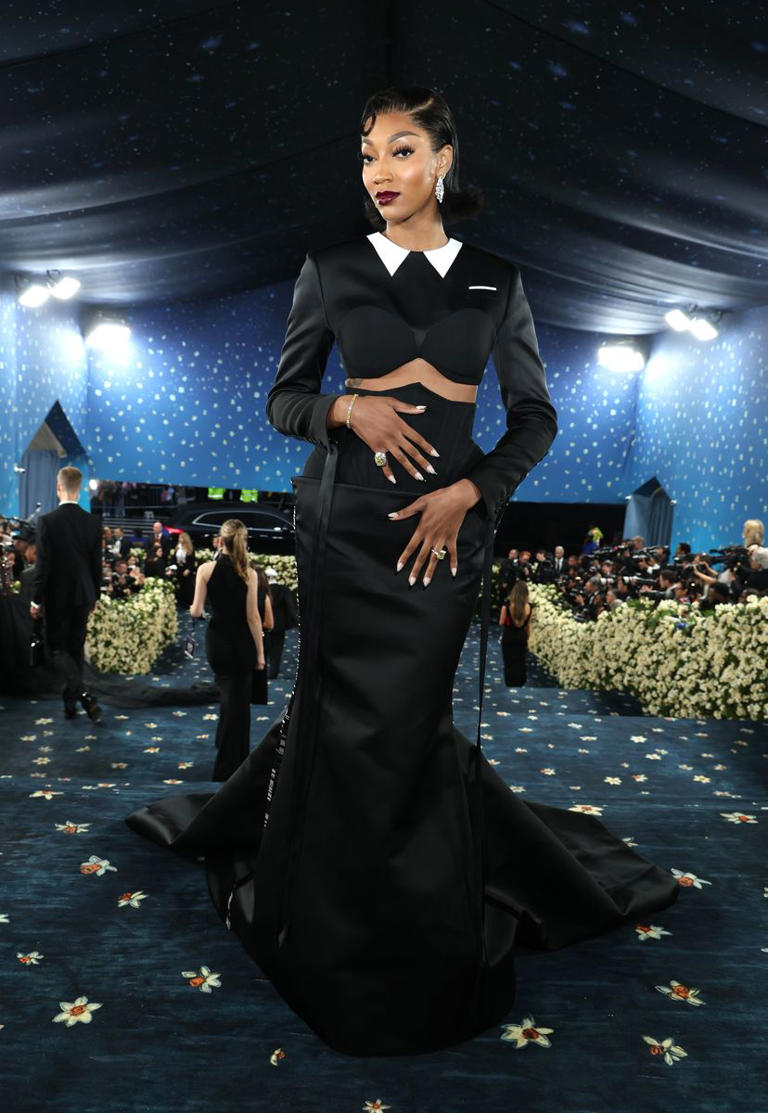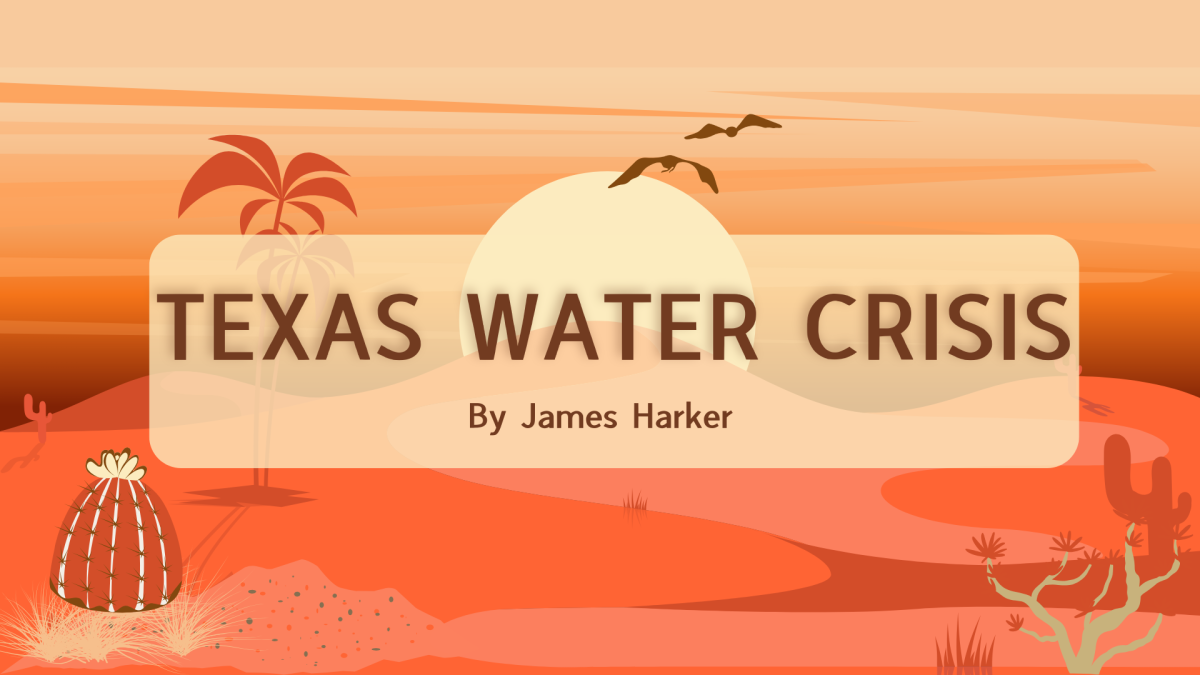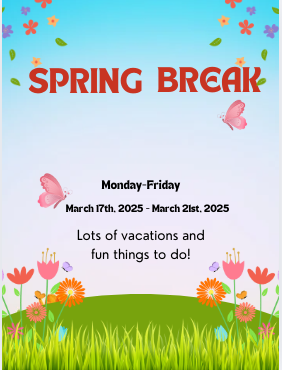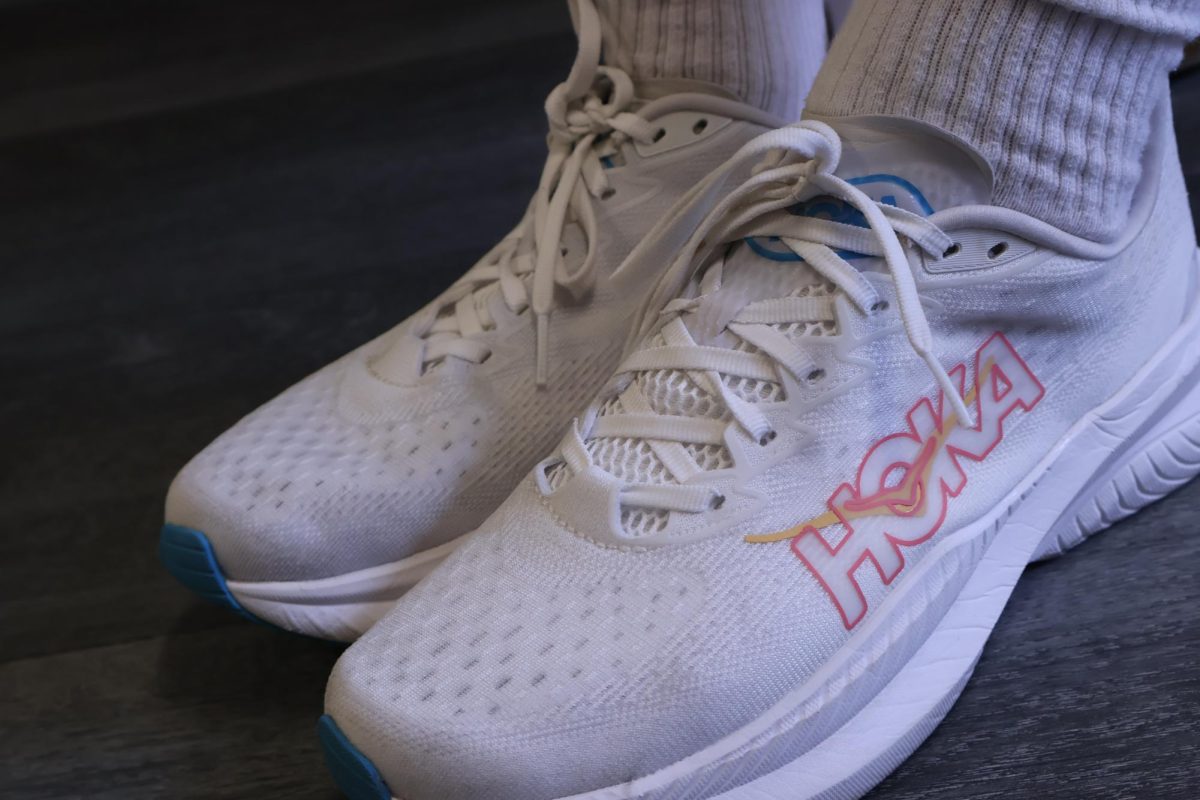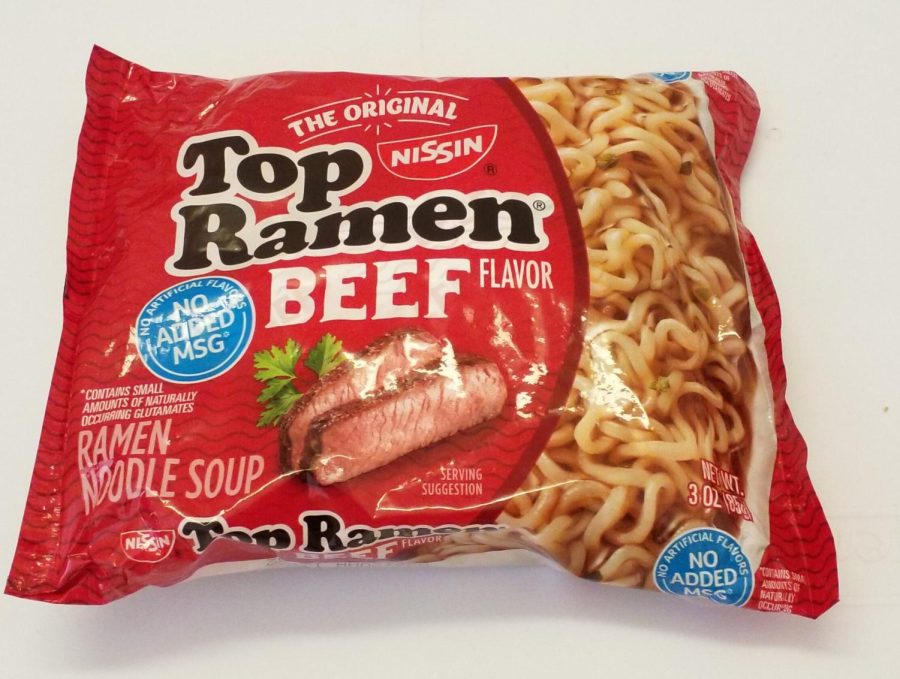Many students between the ages of 13-18 enjoy consuming energy drinks like Celsius, Red Bull, Monster, and others. However, it is important to consider whether or not these drinks are safe for individuals within this age group to consume. As someone who enjoys drinking energy drinks, particularly Celsius and Monster, I often wonder about the potential risks and safety concerns associated with these beverages.
Celsius is known to promote fat burn, boost metabolism, offer pre-workout advantages, and enhance the body’s response to exercise. Nevertheless, there are certain drawbacks to consuming it. It may lead to jitters, a heightened heart rate, and gastrointestinal discomfort (which typically means heartburn, indigestion, and bloating). Despite being a better alternative to other energy drinks, Celsius still has its negative effects on the body. While the health risks are somewhat high and should be accounted for, Celsius has been proven to be safe for day-to-day use. Celsius is not recommended for people sensitive to caffeine, children under 18, or pregnant or nursing women.
In contrast, let’s examine another widely consumed beverage: Monster Energy. It’s important to note that consuming Monster can lead
to adverse effects like dehydration, heart complications (such as an irregular heartbeat and heart failure), anxiety (manifested as nervousness and jitteriness), and even insomnia (difficulty sleeping or oversleeping). Despite these potential drawbacks, there are also potential benefits to drinking Monster, such as improved brain function, increased energy levels, enhanced physical endurance, and heightened alertness and reaction time. Unlike Celsius, Monster is not safe to drink regularly and can increase heart problems or even heart diseases, including the ones listed in previous mentions. This drink is not safe for children and teens.
Red Bull is an energy drink containing caffeine, taurine, and B vitamins. Caffeine stimulates the central nervous system and increases alertness, similar to Monster and Celsius. Red Bull can increase alertness, Increase energy production, improve concentration, improve performance, reduce fatigue, and even reduce appetite. Like the other energy drinks I have referred to, Red Bull has multiple flavors and low-calorie options available to consumers. Even though it’s advertised to be healthier, is sugar-free Red Bull better for you? And if so what are the differences?
Mr. Parks, the Texas history and former theater teacher here at Canyon Vista enjoys drinking sugar-free Red Bull. While this alternative contains less sugar and carbs, it still provides the same caffeine percentage as regular Red Bull. It’s worth noting that, while sugar-free options may seem like a better choice, regular consumption can still increase the risk of developing type two diabetes.
“Well, I think the thing you need to do is be very careful with the amount that you drink. I’ve seen kids, teenagers, high schoolers, uh, you know, essentially overdose on this stuff, and its difficult to know, like, that feeling you get when you’ve had too much caffeine, like your heart races, and you get hyper focused, and your eyes dilate and you get jitters. And when you get jittery it’s bad you don’t know what to do with those feelings, and I’ve had to call ambulances because kids have essentially overdosed on caffeine.” Mr. Parks, a Texas History teacher said.
Ms. Castro, a seventh-grade English teacher, prefers The Yellow Edition energy drink (also a version of Red Bull.) The Yellow Edition contains B-group vitamins that contribute to normal energy-yielding metabolism, such as the build-up and break-down of carbohydrates and proteins, and the reduction of tiredness and fatigue. This Red Bull has the same caffeine and sugar as other flavors, with similar side effects and benefits.
A significant proportion of educators at Canyon Vista School hold a negative stance towards energy drinks, citing concerns regarding the potential health ramifications for all age groups. Ms. Buentello and Mr. Hampf, who have children in elementary school, believe that energy drinks are not suitable for kids and adults alike.
“They (kids) should not be drinking energy drinks at this age, because energy drinks are really bad for your heart it has you guys addicted to caffeine at a really young age and that leads to other problems when you get older.” Ms. Buentello, 8th grade USH teacher, said.
Mr. Hampf, however, has a neutral stance on energy drinks. He acknowledges that they are not healthy but says that he wouldn’t prevent his young daughter from drinking them in the future.
“I mean, that’s basically up to your parents, uh, how they want to feed you, and make sure you get the proper nutrition. That being said, too much of anything is bad for you.” Says Mr. Hampf.
Many teenagers, myself included, enjoy these highly popular drinks. However, it’s common knowledge that they aren’t the healthiest option. It’s important to exercise caution and make informed decisions about our beverage choices. We could explore alternative options that allow us to indulge in our favorite drinks without compromising our well-being. So in conclusion, although they are not healthy, when drinking these types of drinks please be safe and keep your health in mind.

